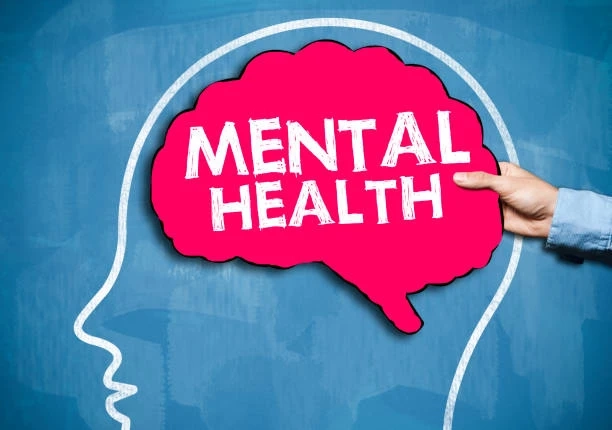Introduction:
In a world where stress, anxiety, and burnout have become all too common, the importance of mental health and wellness cannot be overstated. We often underestimate the profound connection between our minds and bodies, failing to realize that nurturing our mental well-being is crucial for overall health and happiness. This article delves into the intricate relationship between mental health and wellness, explores the ways in which they impact each other, and provides practical strategies to foster a harmonious and balanced life.
Understanding the Mind-Body Connection:
The mind-body connection refers to the profound influence our thoughts, emotions, and mental state have on our physical well-being and vice versa. Numerous studies have shown that mental health conditions, such as depression and anxiety, can manifest as physical symptoms. Likewise, physical health issues, such as chronic pain or illness, can have a significant impact on our mental well-being. Recognizing this intricate relationship allows us to adopt a holistic approach that addresses both mental and physical aspects of wellness.
Holistic Approaches to Mental Health and Wellness:
Exercise and Movement: Regular physical activity not only benefits our physical health but also has a positive impact on our mental well-being. Engaging in activities like walking, yoga, or dancing releases endorphins, reduces stress, and improves mood. Finding an exercise routine that suits your preferences and abilities can greatly contribute to a balanced mind and body.Mindfulness and Meditation: Practicing mindfulness and meditation allows us to cultivate awareness and focus on the present moment. By quieting the mind, we can reduce stress, improve emotional regulation, and enhance overall mental clarity. Incorporating mindfulness into our daily routines can help us find balance and foster a sense of calm amidst the chaos of life.Balanced Nutrition: The food we consume plays a significant role in our mental health. A balanced diet that includes nutrient-rich foods nourishes not only our bodies but also our minds. Incorporating fruits, vegetables, whole grains, lean proteins, and healthy fats into our meals provides the essential nutrients needed for optimal brain function and emotional well-being. Adequate Rest and Sleep: Sleep deprivation can significantly impact our mental health, leading to increased stress, mood disturbances, and cognitive difficulties. Prioritizing restful sleep by establishing a consistent sleep routine, creating a conducive sleep environment, and practicing relaxation techniques can improve overall mental well-being and promote optimal functioning. Social Connections and Support: Humans are social beings, and maintaining meaningful connections with others is vital for our mental health. Nurturing relationships, engaging in social activities, and seeking support from friends, family, or support groups can alleviate feelings of loneliness, enhance resilience, and provide a sense of belonging.Seeking Professional Help:
While self-care practices are beneficial, it is important to recognize that mental health concerns may require professional intervention. Licensed therapists, counselors, or psychiatrists can provide specialized guidance, therapy, or medication when necessary. Seeking professional help is a courageous step toward healing and should be viewed as a valuable resource rather than a sign of weakness.
Conclusion:
Achieving and maintaining mental health and wellness is a journey that requires a holistic approach. By understanding the intricate mind-body connection, we can nurture our mental health & wellness being and cultivate a harmonious life. Incorporating regular exercise, mindfulness, balanced nutrition, adequate rest, and social connections into our routines empowers us to navigate life's challenges with resilience and clarity. Remember, investing in your mental health is an investment in your overall well-being, leading to a more fulfilling and balanced life.


